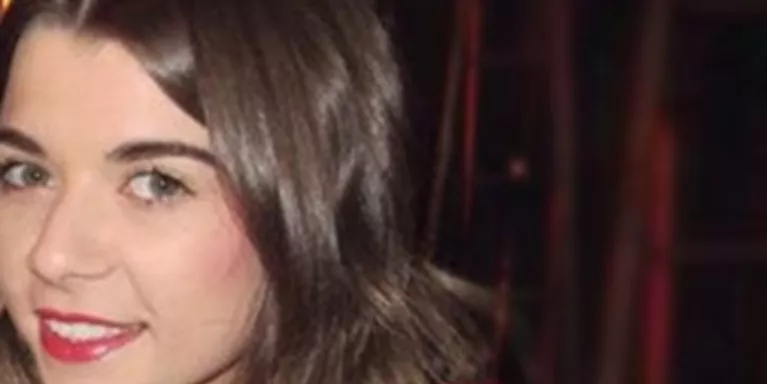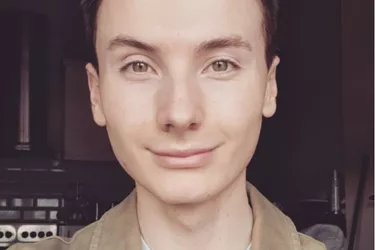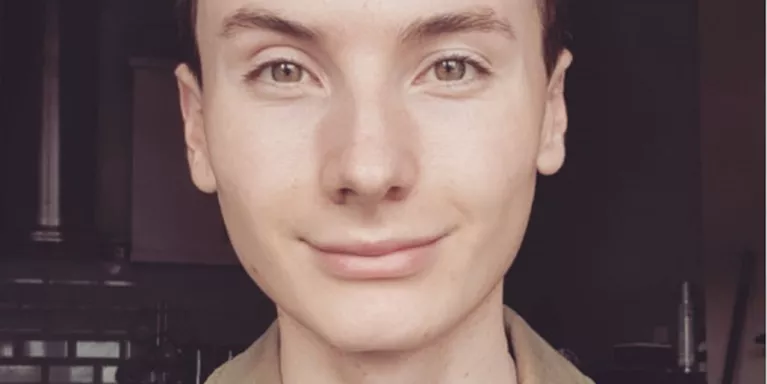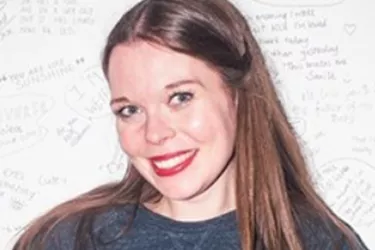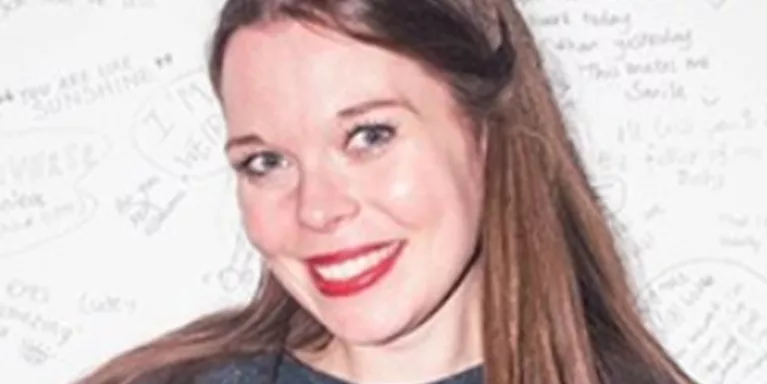Saying goodbye to anorexia
Nicole blogs about her experience of living with anorexia, how she managed to seek help, and how her treatment helped her to recover.
Growing up I always knew something was wrong; I just didn’t know what. I believed I had the mind of ‘an anorexic’ but the body? No way, how can somebody as big as me have anorexia?
"How can somebody who is still able to eat and exercise without fainting have anorexia?"
But there it was, in black and white, the doctor doesn’t lie.
After the diagnosis I went through every stage of recovery possible, denial, fear, acceptance, will, determination, relapse, hope and doubt along with an hour slot with a dietician once a week followed by a monthly psychologist appointment. It was a rollercoaster of three years until I finally accepted that I needed to fully commit, I needed to say goodbye to anorexia for good.
I had never been more determined to beat it however anorexia had never been more determined to beat me. It was a constant war, one I didn’t have the mental nor physical energy to compete in. I knew I couldn’t continue and successfully win, not alone anyway. I was desperate to break free and as hard as it was I told my parents I needed a higher level of treatment.
I remember the night before the monthly appointment with the psychologist. I told my mother that no matter what, I need to ask for more help, whether it be a faraway hospital, admission as an inpatient, day patient or an appointment every single day. I told her because I knew there was a good chance anorexia would take over and pass everything of as being fine because ‘I was not sick enough nor did I deserve treatment’. The appointment came.
"It took everything I had to fight those thoughts and admit I needed help - but I did."
And after a good cry the psychologist put me onto the waiting list for the closest hospital.
After the appointment I remember driving home with my mother, still crying, but feeling relieved and almost happy. I felt hopeful, although with that, my anorexia instantly became stronger.
I didn’t think it would be long before a place became available, I was ready to pack my bags. It was November, I remember because my family and I decided to have Christmas early in case I wasn’t there.
Three months later, I was still there.
If you have a broken leg, a dislocated shoulder or an allergic reaction, there’s no measurements, no checklists, and no waiting list. But have a broken mind, a mental torture and a need to self-punish, there’s a criteria, a checklist and a four month waiting list.
Four months waiting in a living nightmare, my family watching me disappear more each day and the thoughts, fears and anxiety growing stronger every second of each day.
"Towards the end of the four months I hardly had the energy to get dressed."
I would spend my day watching television and waiting for the phone to ring. I remember watching a program by James Martin on NHS hospital food and it almost gave me some sort of comfort, just knowing that soon I would be able to eat again and it would be safe enough for me do so.
9:45 11th March 2014
That was the date and time the hospital gave me. By then I didn’t have much feeling, I would describe it as numbness, almost like being an outsider looking in.
A hospital leaflet was sent though the post; it said I would have to drink a cup of milk on arrival to show I was willing to accept help. I instantly started researching nutritional values of milk along with calorie intakes, meal plans and weight gain amounts when in hospital.
"My first few weeks in the hospital were filled with worry, fear of the unknown and constant panic attacks."
They were also filled with meeting people who understood, truly understood, the other patients and the staff gave me a sense of security, one I had never had before.
With the daily routine, support system, classes and therapy I was able to start to rationalise Anorexia’s thoughts and slowly become stronger.
The hospital gave me the knowledge I needed about how to eat, when to eat and what to eat.
"I remember not knowing how to use a fork and knife properly and being confused as to when I should have a drink."
These were simple things anorexia took from me.
The hospital also gave my family an opportunity to attend family counselling in which they learned how best to support me. Over time I was able to nourish my mind and my body. It wasn’t easy and of course there were good days and bad days but each day I became stronger.
Six months later I was discharged. I was able to come home. But my journey was far from over as that support system was no longer there. Luckily my dietician was still supporting me once a week and more if needed.
She helped me reach a healthy weight as well as feeling mentally healthy too. My appointments gradually became once a month and I went back to college to study floristry.
"It felt like the beginning of my life without anorexia and each day I felt more like Nicole."
Today I am in university studying health and social care with hope that I can help others experiencing ill mental health in the same way the nurses, dietician, friends and family all helped me.
I see myself as fully recovered. I am healthy both in mind and body. I still have moments of anxiety but I am able to control them. If I could share one thing with somebody who is experiencing an eating disorder or any mental health problem, it would be to seek help; no matter who you speak to and no matter what thoughts or fears you may have. Hold on to who you are and always have hope; recovery is possible.
Eating Disorders can feel like they're taking over your life, but there is support available. Take a look at our information on eating problems for self-care tips, to see what kind of treatments are available and what organisations can help.


Information and support
When you’re living with a mental health problem, or supporting someone who is, having access to the right information - about a condition, treatment options, or practical issues - is vital. Visit our information pages to find out more.
Share your story with others
Blogs and stories can show that people with mental health problems are cared about, understood and listened to. We can use it to challenge the status quo and change attitudes.













